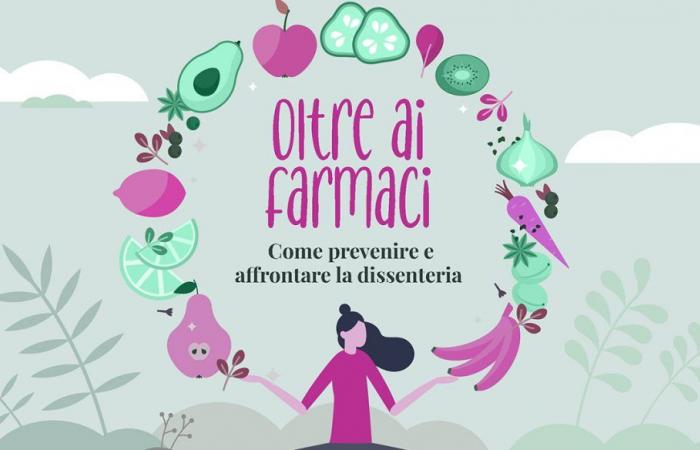Five tips to stop diarrhea, from foods to absolutely avoid to what to drink to integrate mineral salts
Published: 2 July 2024 10:40
Let’s say it. Stomach ache, abdominal swellingfeeling of air swelling the belly, cramps and then….. then discharge. For those who find themselves facing the classic seasonal gastroenteritis or maybe he has consumed foods and drinks that were not perfectly prepared and preserved, the risk of more or less intense forms of diarrhoea is certainly just around the corner.
Obviously, when the picture lasts for a few days, the doctor will tell you what to do. And it is equally clear that there are drugs (which should not be abused) that can help slow the discharges, with a symptomatic effect.
Tips to understand how to stop diarrhea
In all this, however, both before, to reduce the risks, and after, to better control bowel movementssome simple rules can help us. Here are five simple tips.
- Clean your hands well. The rule that requires particular attention to hand hygiene is even more stringent in this season, given that foods can increase their battery charge (with the consequent risk of gastroenteritis) even during preparation if handled with dirty hands. But be careful: remember to also make sure of the water potability that you use to prepare food, and always keep work surfaces, utensils and containers clean.
- Store food well. The refrigerator is essential. But it must be used correctly, especially if we are planning a picnic on the beach or in the countryside. When we remove food from the refrigerator we must ensure that it remains very fresh during the trip, otherwise there is a risk that the growth of any bacteria present will restart. This may have been temporarily slowed down by the low temperatures, which however do not “kill” the germs. These, therefore, can start reproducing again.
- What is best to eat?. In general terms, in case of diarrhea (always considering that there are no specific pathologies that require a targeted diet)you should not rely only on lemon juice. If you are hungry, in addition to toast, the astringent action of the rice is always recommended. It is important to limit the grassitherefore, on the protein front, the classic ones are fine pesce in white or the carne (light) grilled. On the front of the vegetables it is better to eat them cooked, giving space to the carrots and at potatoeswith just a pinch extra virgin olive oil and lots of lemon. For fruit, bananas and bodies.
- What you shouldn’t eat. Don’t overwork your digestive system. So, limit fats. Better avoid fried foodsexcessively fermentedelaborate sauces, spicy sauces and creams of all kinds. Equally important, in the presence of discharge is check your fiber intakeusually recommended when you are well. In the presence of the symptom it is better to limit the waste that can affect intestinal transit, accelerating emptying and worsening the situation. Only temporarily, therefore, pay attention to whole foods, starting from bread, raw or cooked vegetables such as cabbage, cauliflower, broccoli. Also contraindicated are legumes. Finally, be careful with very sweet fruits such as plums, pere, uva e figs.
- What to drinkIn case of diarrhea it is always advisable remember to drinkto replenish the body with liquids and mineral salts, compensating for losses with feces.water it’s always fine, just like tea, chamomile and similar with lemon can help. Remember though that the mineral salts are essential, especially in children and the elderly, who can be more affected by any imbalances. So be careful and, if necessary, remember that there are supplements that can help recover in the event of heavy losses with discharges.
The final advice
Il intestinal microbiota must be preserved and protected. Remembering that it is not only bacteria that can cause possible “upheavals”, but also virus and viral infections can have a major impact on well-being. Perhaps creating conditions that do not only affect the intestine, but also affect the well-being of the respiratory tract. They are called adenoviruscoxsackie virus, or Echo virus. They can cause severe stomach pain with diarrhea, fever, cough and sore throat. As with rotavirusexquisitely intestinal, these strains can cause real microepidemics, since they pass extremely easily from one person to another.






